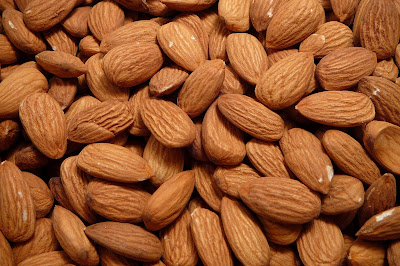Two chemical compounds in the carotenoid family may help protect against age-related blindness, according to a recent study published in the journal Archives of Ophthalmology.
Lutein and zeaxanthin are two carotenoid compounds, chemically related to beta-carotene, from which the body produces vitamin A. They are found in significant quantities in common foods including broccoli, Brussels sprouts, collard greens, corn, eggs, kale, romaine lettuce, garden peas, spinach, turnip greens and zucchini.
Researchers studied 4,519 people who were between the ages of 60 and 80 when the study began, and monitored them for six years. The researchers analyzed the participants' diets and compared them with their development of age-related macular degeneration, an eye disease in which the center of the retina thins and atrophies, causing loss of vision in the center of the eye.
Macular degeneration is the most common cause of blindness among seniors, with approximately 1.2 million people in the United States currently suffering from the condition. The condition is believed to be irreversible by conventional medical experts, although many natural health followers have successfully halted the condition through nutritional therapies.
The researchers found that among the fifth of participants with the highest consumption of foods containing lutein and zeaxanthin, the rate of macular degeneration was 35 percent lower than among the fifth with the lowest consumption.
"No clear associations with other nutrients were seen," the researchers wrote, emphasizing that the effect came only from lutein and zeaxanthin. Other associations tested included beta-carotene and vitamins C and E.
"Lutein and zeaxanthin may be considered as useful agents in food or supplement-based interventions designed to reduce the risk of [age-related macular degeneration]," they wrote.
While researchers believe there is probably a certain genetic predisposition to macular degeneration among certain people or ethnic groups, a person's risk can be exacerbated by factors such as smoking, high blood pressure, high cholesterol, high fat intake and obesity.
Original article: http://www.naturalnews.com/022483.html



















